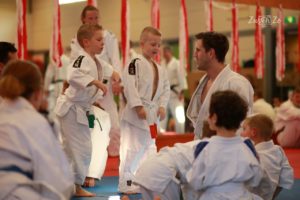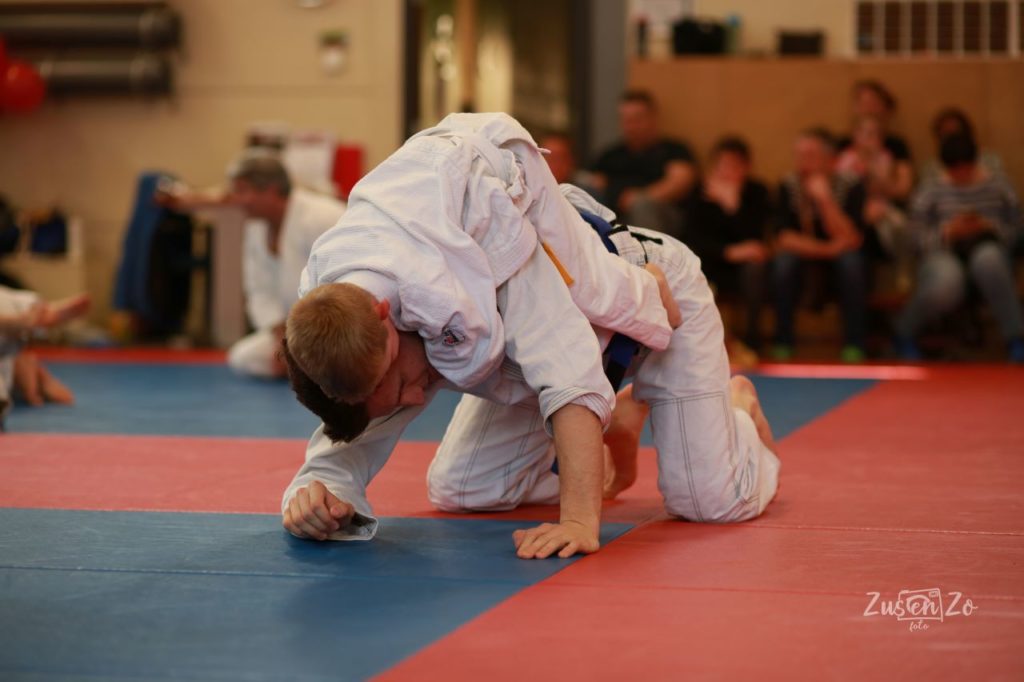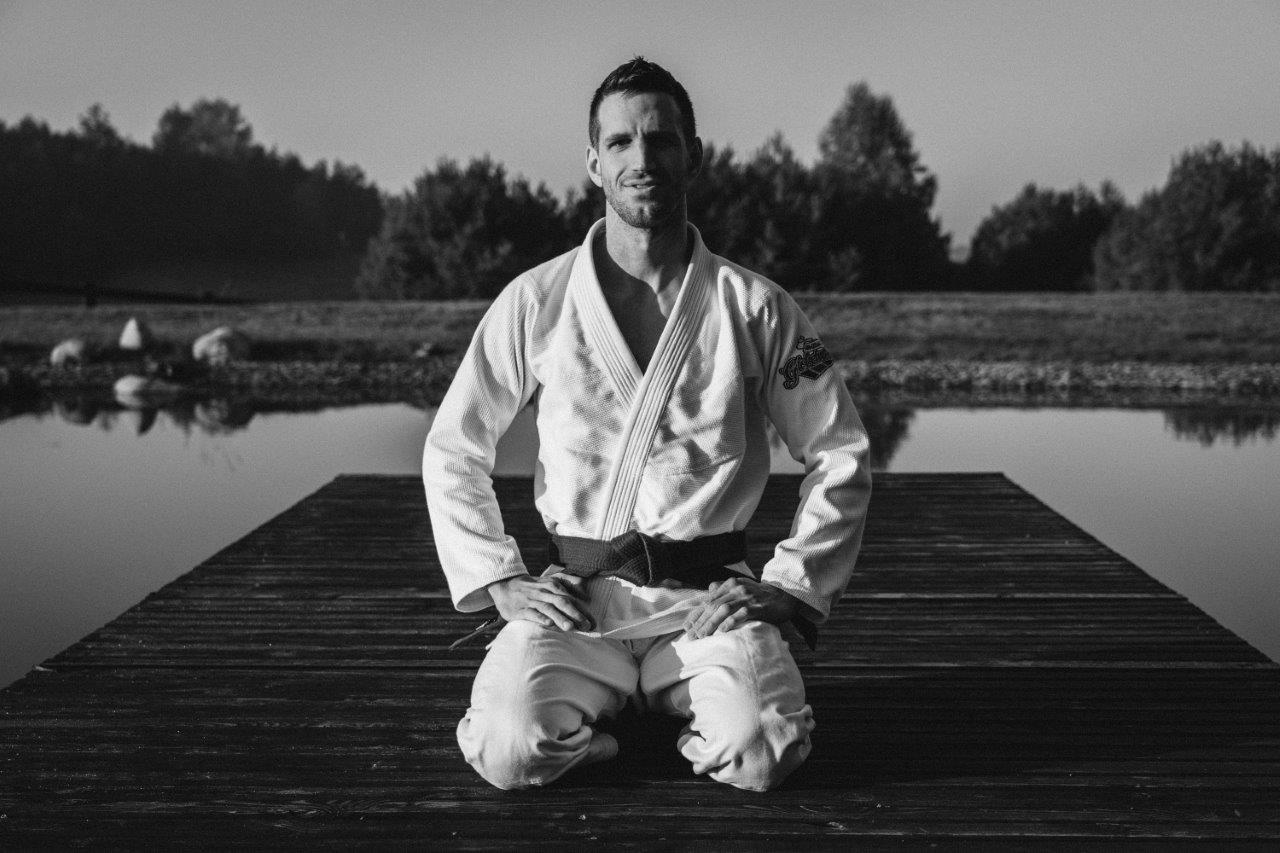Differential Learning in Judo
Blog by Sebastiaan Fransen, 5th dan Judo
https://www.spfransen.nl/differentieel-leren/
You might practice thousands of waza (techniques), yet still find them difficult to execute successfully during randori (free sparring). Could differential learning be the solution?
Common Misinterpretation
In my previous blog, I wrote: “Don’t fear the man who practices 1000 techniques, fear the man who practices 1 technique 1000 times.” Some people interpreted this as doing repetitive uchi-komi, practicing one technique perfectly countless times. However, perfect technique does not guarantee success in dynamic situations like randori, due to their unpredictable nature.

What is Differential Learning?
Differential learning means practicing a small set of techniques in varied and unconventional ways—different grips, unusual positions, performing moves slowly, or even combining them with unrelated tasks like kicking a ball.
This playful approach helps your body and mind adapt to dynamic conditions. You begin discovering the boundaries of each technique, understanding when principles work or fail, and constantly stimulating your brain with fresh challenges.
I found that this approach accelerated my judo learning significantly. Instead of relying on complicated technical instructions, exploring techniques on my own improved retention and made them more applicable in randori. Plus, experimenting is fun!

Refining the Method
Joop Pauel’s presentation on differential learning closely aligns with what I’ve unconsciously applied in my teaching. His insights have inspired me to further refine my method, emphasizing implicit learning by limiting explicit instructions and giving students freedom in solving problems.
Should You Abandon Uchi-komi?
This doesn’t mean uchi-komi has no value. Judoka who train frequently can still benefit from varied uchi-komi practices. However, for those who train only 1-2 hours weekly, differential learning might provide faster improvement and better randori results by preparing them for real, dynamic situations.
Further Reading:
Not Quantity but Quality Matters
Shin Gi Tai: The Balance of Mind, Technique, and Body
Give differential learning a try, and explore if it enhances your judo practice!
